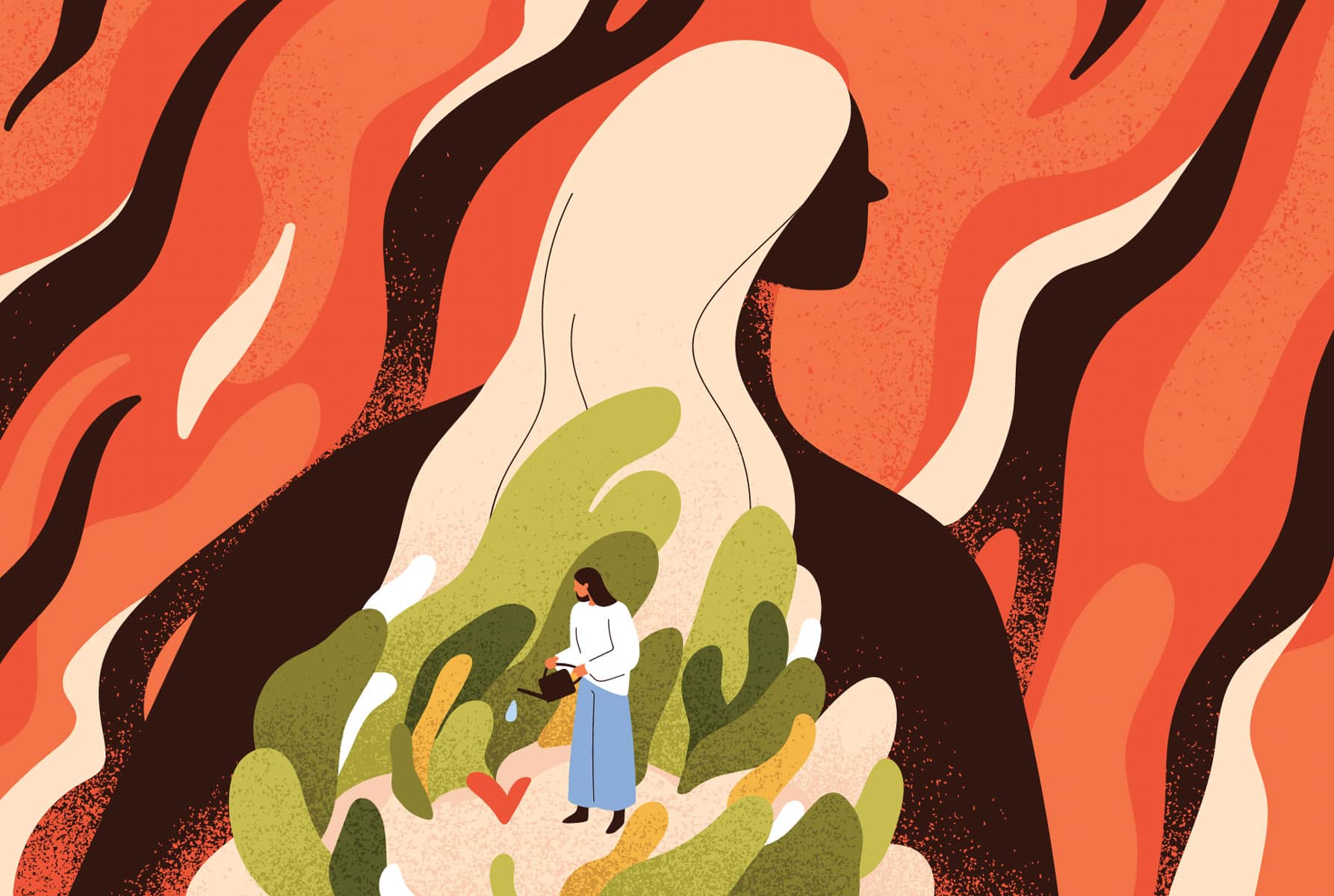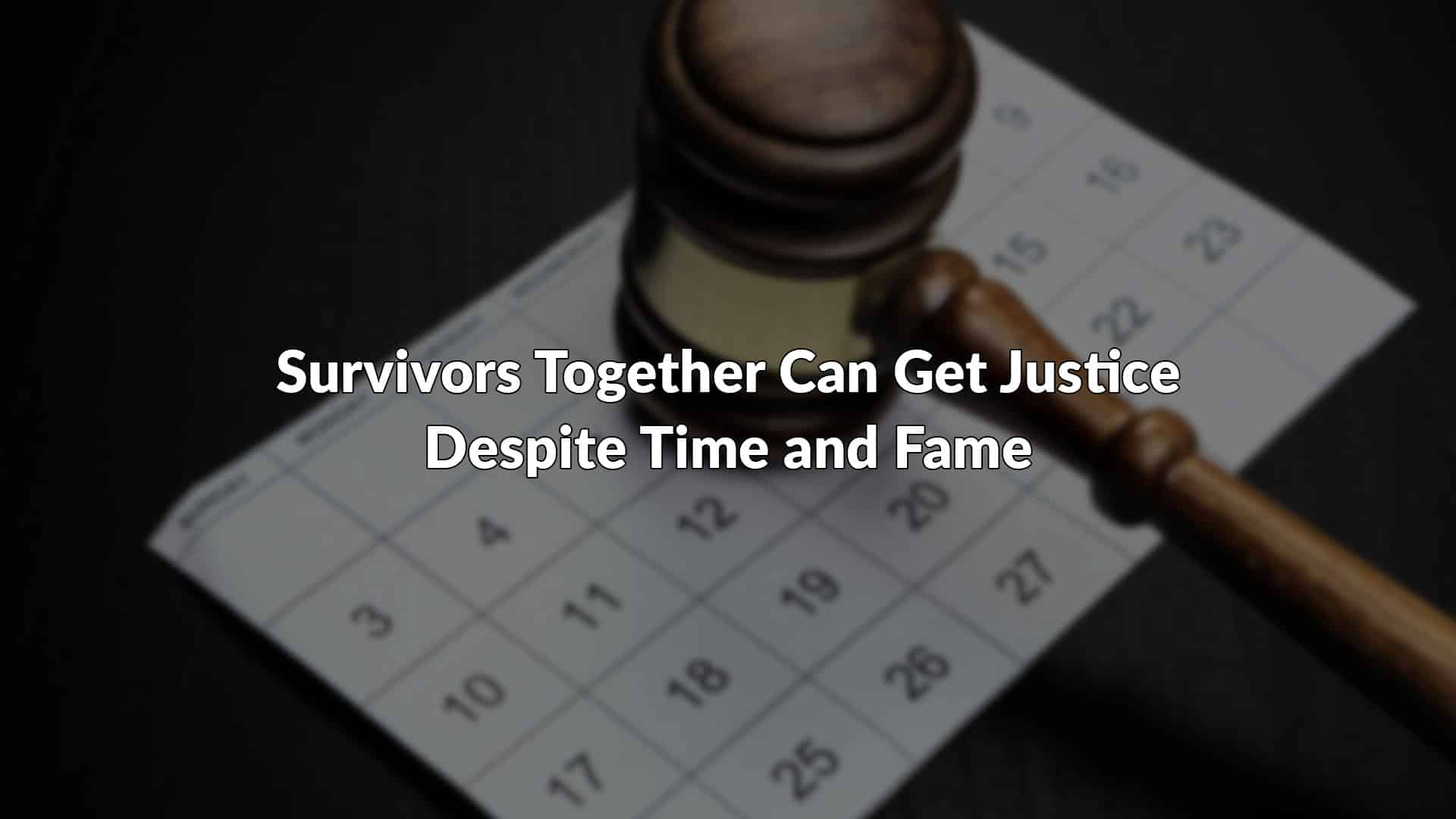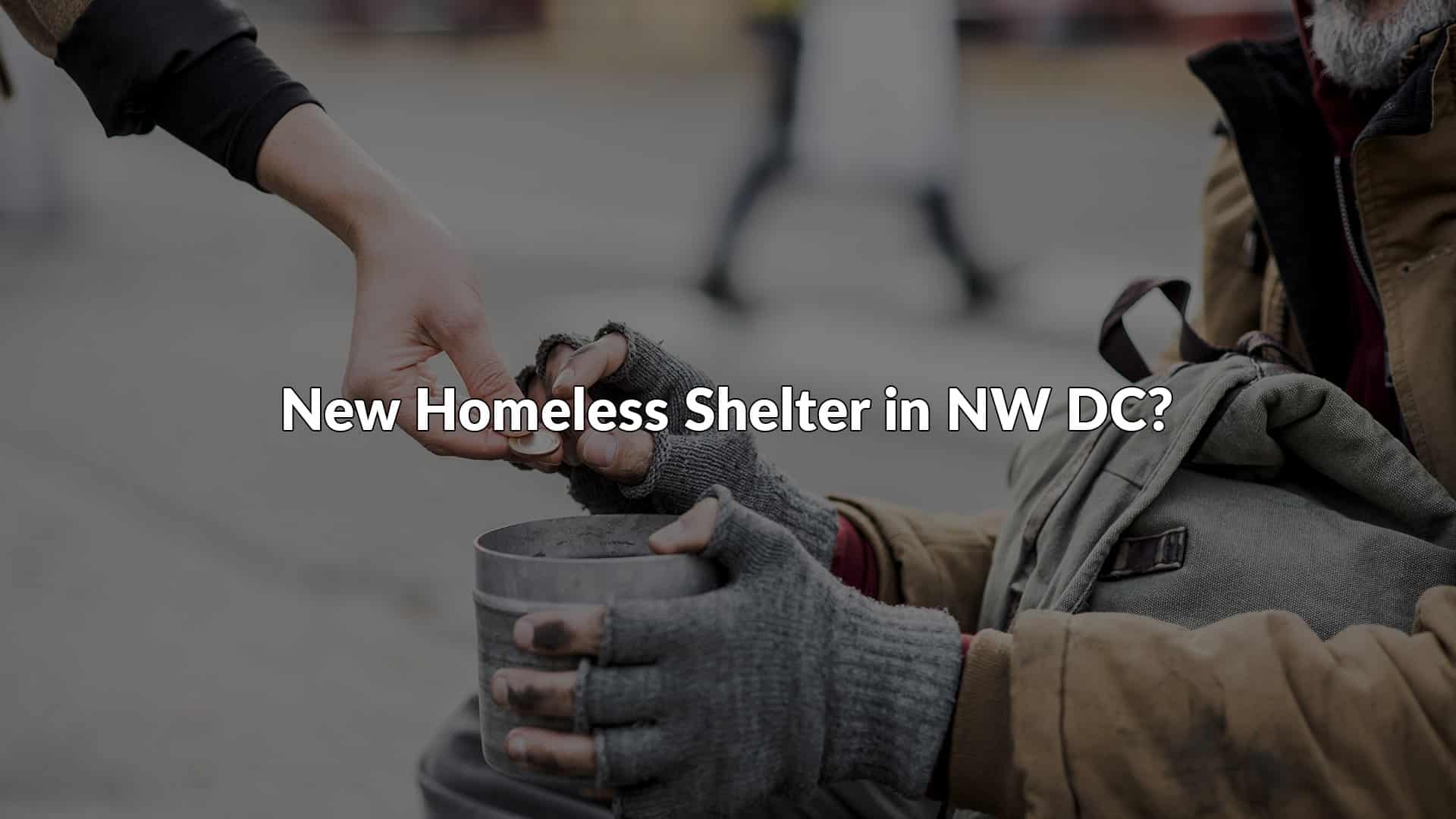For the adult victims of commercial sexual exploitation who face criminal charges for prostitution in D.C., a court-based diversion program would be very beneficial in ensuring they receive the justice and resources they need and deserve. Diversion programs, which offer counseling and other social services instead of immediate prosecution, do not currently exist in Washington, D.C. The Amara Legal Center plans to advocate for the creation of such a program. Although D.C. previously had a diversion program for individuals charged with prostitution, this program no longer exists. However, other states do have similar court programs, such as the Human Trafficking Intervention Court in New York City.
D.C.’s Angels’ Project Power, established in 2004, provided a variety of services to individuals charged with prostitution. Each woman would participate in the program for a total of four months, attending classes three to four hours a day. The program included counseling, drug treatment, education classes, and internships with local businesses. Successfully completing the program included attending all classes, passing regular drug tests, and not committing any crimes during the program’s length. Completion of the program allowed these women to receive valuable resources and avoid criminal punishment for their charges.[1]
Although the Angels’ Power Project no longer exists, D.C. does still have two other diversion programs for those charged with prostitution. The first is the Deferred Prosecution Agreement (DPA). Participants in this program are required to fulfill 32 community service hours within four months, as well as pass three drug tests. A DPA is only offered to first time offenders, and is not open to any former participants, anyone who has been charged with a violent crime, and those currently held on bond for another offense. For those who are not eligible for a DPA, the Deferred Sentencing Agreement (DSA) is an option. The program structure of the DSA is like that of the DPA, except that defendants must plead guilty to their charges before taking part in the program. If the program is successfully completed, then the defendant is allowed to withdraw her plea, and all her charges are dismissed. However, if she does not fulfill the program requirements, then the guilty plea stands and the defendant continues to sentencing. While these programs are useful in providing an alternative to prosecution, they are not survivor-centered, and they lack the important resources that survivors require.[2]
New York has already developed its own diversion court system for human trafficking victims. In this system, new specialized courts, known as the Human Trafficking Intervention Courts, were created and are comprised of lawyers, judges, and social workers, who are all experts in the field of human trafficking. These courts evaluate cases in which defendants are charged with prostitution or related crimes, and then determine whether the defendants qualify for the diversion program. Trafficking victims are then offered a variety of vital and rehabilitative services, such as housing, health care and drug treatment, education, and job training. All of these services aim to keep these victims out of the detrimental criminal justice system and help them avoid being re-trafficked. If participants in the program attend all of their required counseling sessions and are not arrested again during a six-month period, they are able to have their records sealed.[3] While it is difficult to quantitatively measure the effectiveness of this program, it has certainly has a great impact on survivors of trafficking on an individual level.[4] Implementing a similar diversion program in D.C. would certainly have a positive effect on the lives of survivors. Such a program would ensure that those who have been trafficked would not be punished for crimes they did not commit. Additionally, by keeping survivors out of the justice system and having their records sealed, they avoid many of the harmful consequences that result from having a criminal record. A program would also allow survivors to gain access to the services and care that they need. Creating a diversion program for trafficking survivors in D.C. is an important step in providing the proper justice and care that survivors deserve.
By Kathleen Daly
Kathleen Daly is a junior at Georgetown University pursuing a Bachelor of Arts degree in Classics. She became interested in anti-trafficking initiatives in high school, and has since volunteered with several organizations that aid victims of sex trafficking and domestic violence. She is excited to continue spreading awareness about human trafficking by interning at Amara.
[2] “Prostitution Diversion Programs,” http://koehlerlaw.net/other-offenses/prostitution/.
[3] Liz Robbins, “In a Queens Court, Women in Prostitution Cases are Seen as Victims,” The New York Times, November 21, 2014.
[4] William K. Rashbaum, “With Special Courts, State Aims to Steer Women Away From Sex Trade,” The New York Times, September 25, 2013.



